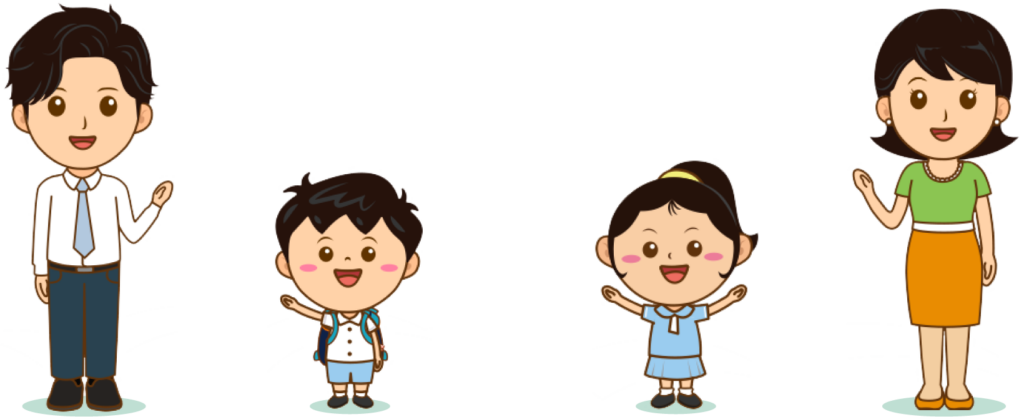




Written by: Education expert, Chu Wud Man As a child, I occasionally saw wild geese in autumn. I would sometimes see my mother counting the calendar and muttering to herself, and I would also hear my sister say that in another month, Dad would be coming back for the Lunar New Year… Life was always full of expectation and longing. So, my siblings and I would work hard on our schoolwork and study diligently, because we all hoped that by the end of the twelfth lunar month, we could bring a little more comfort to our returning father. As time and the world change, the rapid development of communication devices has made communication between people more convenient. To hear the voice of a person you long for, you only need to make a phone call, send a text message, or even participate in a group discussion. All of this is the convenience brought about by technological advancement, and the handwriting of letters home has become a distant memory. However, I still vividly remember the childhood memories of writing letters home for my mother. She would dictate a sentence, and I would write it down. Sometimes, I would see my mother tearing up as she longed for her relatives back home, and I would involuntarily choke up as well. The experience of writing letters home made me appreciate the preciousness of family bonds and understand the feelings of longing and patience. Some people believe that some young

Written by: Director of Program Development, Carmen Leung After the pandemic, e-learning has become inevitable. Parents also download various tablet computer programs for their children to use, hoping that they can learn through interactive or entertaining visuals and sounds. Which animations and applications are beneficial for children’s learning? What should parents pay attention to when using multimedia to help their children learn? Using e-learning according to age In the preschool years, as the brain regions responsible for the five senses are developing rapidly, the author does not recommend that children aged 0 to 2 frequently or excessively rely on using television or tablet computers for learning. This is because the images on television or tablet computers are flashing at an extremely high frequency, and the young child’s eyes and brain will constantly receive stimulation unconsciously. Over time, visual stimulation becomes a habit, and brain development is also affected, leading to a decrease in concentration. Some parents say, “My child is very focused when watching TV and playing with the iPhone, but they don’t have the patience for books, so I bought a lot of educational animations for them to watch.” Have parents ever thought that if the eyes and brain are used to constant stimulation, relatively static things like books and teacher explanations will naturally become uninteresting? If you continue to let young children rely on rich visuals to learn, what will happen when they eventually need to face book-based learning in the future? For children
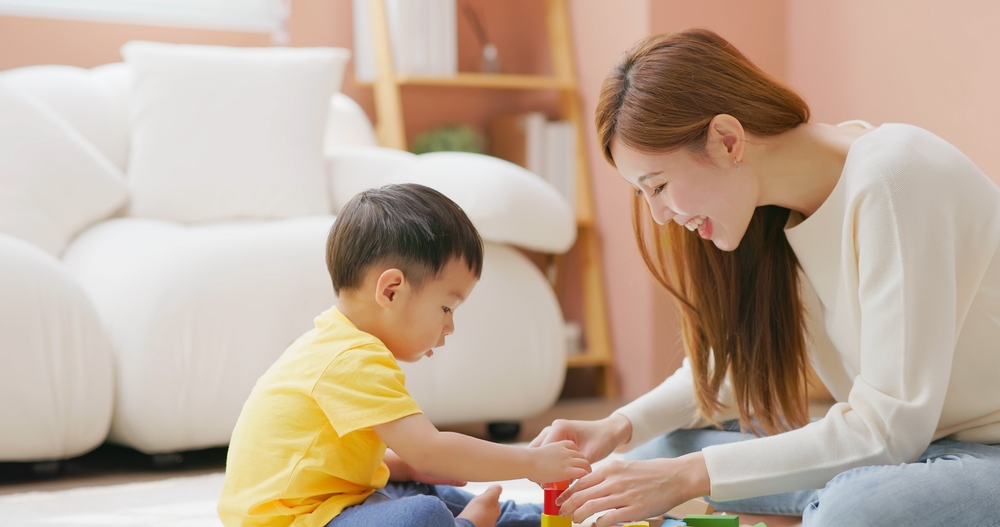
Written by: Dr Cheung Kit On television, there are many advertisements targeting the children’s market, including clothing, snacks, formula milk, stationery, and furniture. One of the key points is to make children more intelligent or to help them fully realize their intellectual potential, which is a good selling point. This sales technique captures a key point in the hearts of every parent – that their own child is the best. Without discussing the truthfulness, logic, and objectivity of this statement, it is a sentiment that most parents, including the author, would agree with. However, in the process of raising children, this “most intelligent” mentality may lead to unrealistic expectations. Therefore, we can take a step back and take a closer look. In our daily lives, here are five behaviors that fathers commonly use to praise their children: “A 2-year-old child knows many functions of the tablet computer.” This is because the touchscreen of the tablet computer is controlled by the resistance of the fingers, so a child’s random pointing movements can easily manipulate the screen. Additionally, without the logical constraints of adults, it is not difficult for most children to discover new functions on the device. “A 6-month-old child can observe others’ facial expressions and respond with coy or angry reactions.” This type of response has been medically confirmed as one of the developmental milestones for all children. This two-way behavioral response, where the child learns by observing others’ reactions, is actually a learning response.

Written by: Fung Ji Hei, Game Therapist Little Ying, at the start of the new school year, would sit on the sofa outside the school hall every day, crying and saying her stomach hurt, while tightly gripping her mother’s hand. Psychological experts believe this is a characteristic of children suffering from separation anxiety. If parents want to reduce their children’s anxiety, one method is to help the children through “tokens”. Why can these “tokens” be effective? The author attempts to explain the underlying mechanism from the perspective of child psychological development. The Invisible Sense of Security The cognitive development theory proposed by the modern child psychologist Jean Piaget can explain the underlying principle. In the first stage (0-2 years old) of the theory, children can learn to search for hidden objects. This behavior indicates that children have learned the concept of object permanence – even if the object cannot be seen, they still know that it exists, so they will try to find it. In the second stage (2-7 years old), Piaget believes that children can use language and symbols as representations. For example, children can use the word “dog” to represent an animal with four legs, a tail, and a “woof woof” sound. When children go to school, they experience a similar situation to the first stage, but they do not cry because they cannot see their mothers, but because they cannot generate the sense of security that they had when with their mothers.
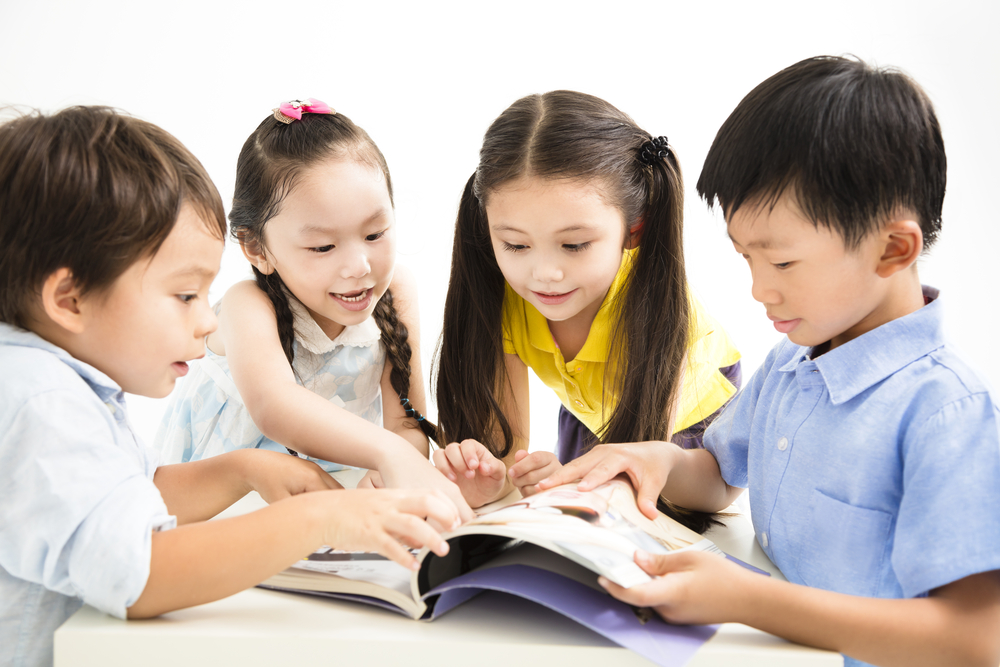
Written by: Octopus parent, Mr. Thomas Chiu Mom: “If Mommy gets captured by the Gruffalo (the monster from the cartoon) and taken into the forest, what should we do?” Hei Hei: “I will cook a meal for the Gruffalo to eat, because if the Gruffalo is full, it won’t eat Mommy! And Mommy said that after eating the meal, she can have the dishes!” That was a conversation between the mother and Hei Hei. I greatly appreciate Hei Hei’s creativity, but I am most delighted that he tries to solve the problem with wisdom, rather than immediately resorting to violence to directly eliminate the obstacle, such as beating or even “killing” the Gruffalo and then rescuing Mommy. Or finding the police to arrest the Gruffalo, and then rescuing Mommy – these would be direct methods. What’s wrong with the Gruffalo capturing Mommy because it was hungry? Does the solution have to be to eliminate it? If we let the Gruffalo eat its fill, it will naturally release Mommy! We should be able to accommodate each other’s ways of living; it doesn’t always have to be a life-or-death situation. I want my child to have their own stance, but at the same time, they need to learn to be tolerant of others, including their actions and even their mistakes. If we do not agree with someone’s behavior, we should try to persuade them with our own words and arguments. It is always better to solve problems

Written by: Ms. Ng Yee Kam, Founder and CEO of Family Dynamics Marriage and Family Therapist Child Play Therapist Many parents complain that as their children grow older, they become less willing to talk to their parents, and the relationship becomes more distant and indifferent. Parents begin to not know what is on their children’s minds, what their school life is like, and what their friends are like. As far as the eye can see, it’s all gaming, watching TV, surfing the internet, WhatsApp, WeChat, and Instagram! Parents inevitably develop a sense of unease, because it feels like they have lost connection with their beloved children. The more uneasy parents become, the more they want to pull their children back. But the methods they use are often questioning, regulating, criticizing, and blaming, showing a lack of understanding and trust towards their children’s behavior. From the children’s perspective, the parents’ “concern” and “care” feel like control and unreasonableness. As a result, the more the parents want to get closer to their children, the more the children want to avoid their parents! This chasing creates a tense and awkward parent-child relationship, which is truly a pity! Whether it’s the evolution of society or the nurturing of the next generation, the role of parents is the most important. Parents have multiple responsibilities: care, provision, guidance, and demonstration. The best way to connect the relationship between parents and children and create positive interactions is the way parents convey love and

Written by: Ms. Chan-Chen Shu-an, Early Childhood Education Specialist Children are young and innocent, lacking the ability to discern right from wrong or make sound judgments. They are entirely at the mercy of adults, immersed in the family, school, and social environments that are cultivated by elders. The author often feels that children are the most innocent, and therefore, the responsibility of educating the next generation is truly inescapable. Firstly, the author does not oppose learning foreign languages, as she firmly believes that knowing an additional language is akin to having an extra key for communication, academic pursuits, and knowledge expansion. Furthermore, the author strongly agrees that the earlier one learns a language, the better, especially when it comes to language pronunciation, as it becomes increasingly difficult to master as one grows older. What is “Biliteracy and Trilingualism”? The “Biliteracy and Trilingualism” provided by the Hong Kong Education Department is Chinese, English; Cantonese (mother tongue), English and Mandarin (Putonghua). Objectives of Kindergarten Education Early childhood education is the foundation of education for human beings. When a baby is born, the first person they interact with is their mother, and the mother is also the first teacher. Therefore, the language used for communication is the mother tongue, which is the language used by the mother and the common language in the family and society. Consequently, the primary objectives of kindergarten education in all countries, for children under the age of 6, are focused on the
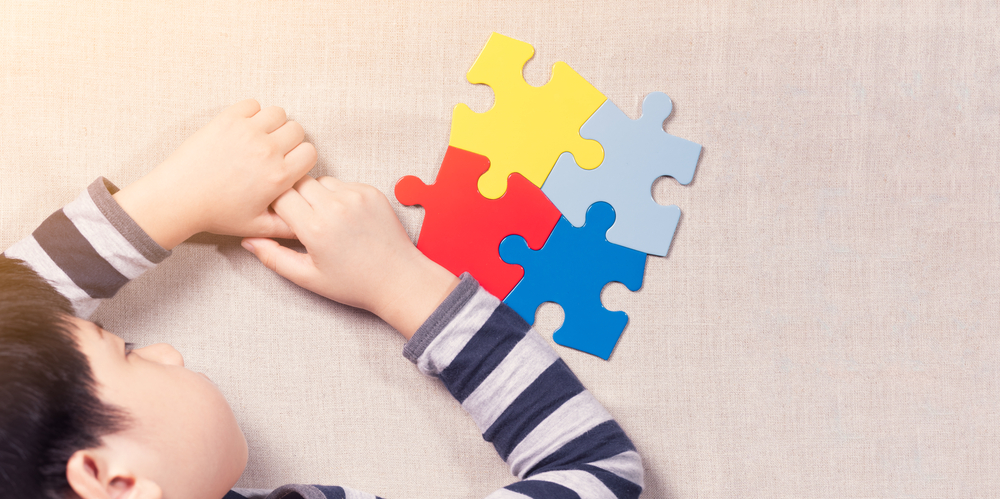
Written by: The Educational Psychologist Team of the Heep Hong Society For young children with autism who have intellectual and language abilities at the 5-6 year old level, what kind of books should they read? What techniques should parents use when reading with their children? Young children with high-functioning autism should be able to understand simple moral stories. Parents can refer to the “social story” format to help children with autism effectively understand the content. When the child is familiar with the story content, parents can replace the main character with other real people, or even the child themselves, so that the child can gradually put themselves into the moral story scenario. The story characters can be changed, and the story plot can also be slightly altered: for example, “grandma’s house” can be changed to “aunt’s house”, allowing the child to flexibly apply what they have learned. Of course, changes to the characters and plot should be made before the child develops rigidity towards the story details. As for fables, fairy tales and mythological stories that commonly use abstract metaphors, they can be used only when the child with autism has the ability to generalize their knowledge. In terms of cognition, when the child’s comprehension reaches a certain level, parents can emphasize emotional words in the story, such as “When she saw the dog, Mei Mei was very scared.” When the child is ready to learn the concept of sequence, parents can emphasize the description of time,
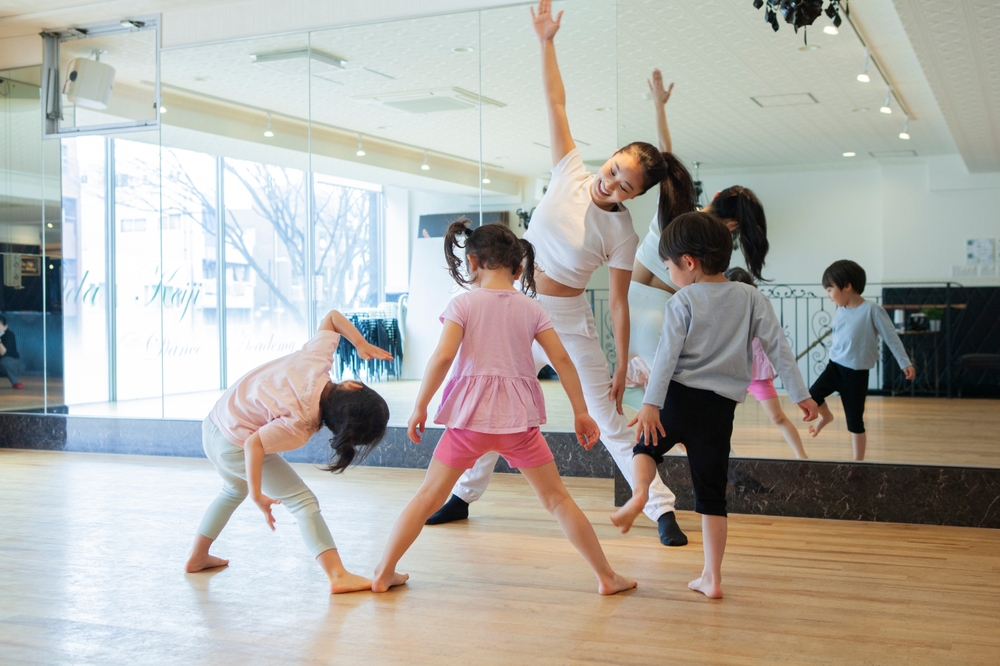
Written by: Play Therapist Feng Zhi-xi I just participated in a professional development exchange activity for teachers in Taiwan, and witnessed how Taiwan’s education system emphasizes using exercise to cultivate children’s growth. This has given me new inspiration, and I hope to share it with all parents. One of the schools we visited for the exchange could be called a “mini sports university” – “Tiger Forest Elementary School”. As soon as I stepped into the school, the students greeted us with the government-promoted fitness exercises. They followed the rhythm to raise their hands and move their bodies, doing all kinds of warm-up movements. It made me feel like they were as lively as little tigers, and I felt like I had entered a forest full of little tigers. Exercise Can Strengthen Children’s Learning Ability Principal Liu of Tiger Forest Elementary School said that the school is a key government school focused on the physical development of the students, and believes that exercise can strengthen their learning ability. They are based on the research of John J. Ratey, MD, an assistant professor of clinical psychiatry at Harvard Medical School, and advocate the “Anytime Exercise” program. This program encourages students to exercise at any time. During breaks, students run to any part of the playground to exercise, some play dodgeball, some climb on the jungle gym, and some play badminton. All the students enjoy every moment of exercise. The Benefits of Exercise – Strengthening Brain Function It is

